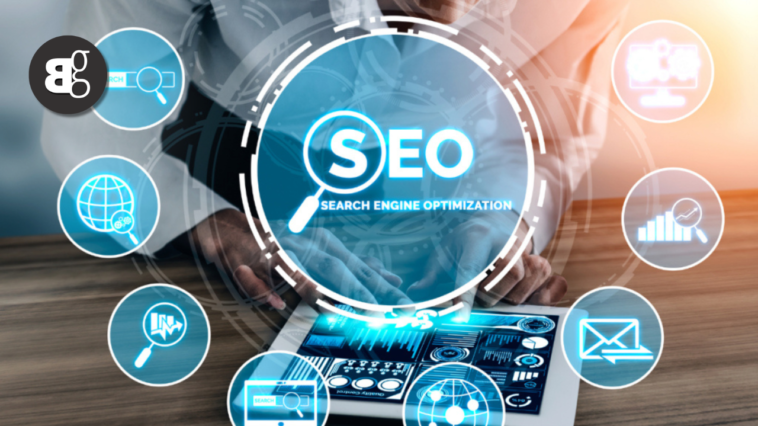The founder and chief executive officer (CEO) of Noah Digital, Dr.Bin Tang, is a world-renowned authority in artificial intelligence and digital marketing and the creator of “Regional to International.” By seeking, Artificial intelligence (AI) technology is driving the fast evolution of the digital world. Updated enhanced algorithms like generating trained transformers (GPT) are the foundation of the latest wave of search engines, which offers awareness of context and more important, tailored outcomes.
Companies and advertising agencies must modify strategies in order to remain in front of the game as AI changes the way people search. In this post, I’ll discuss the current importance of driving searches using GPT, its benefits and drawbacks, and best ways to optimize based on my knowledge of managing my own search engine optimization digital business.
Understanding GPT-Driven Search
In simple terms, GPT-driven search is an exploration system that emphasizes value over terms and has artificial intelligence at its heart. In other words, GPT-driven queries require greater context and better explanation than just letters connected to phrases of keywords. Companies and SEOs are both impacted by this transition since it moves search away from a keyword-centric setting and toward one where information comes more in line with how consumers think and raise queries.
Benefits of GPT-Driven Search for Businesses
Businesses’ approaches towards internet advertisements and search engine optimization are evolving due to AI-driven search. These are a few of the advantages:
Accurate User Intent
Compared to conventional search engines, AI is able to understand the user’s exact needs. For instance, a search for “top robust hotel near me” will not only return alternative venues but will also highlight restaurants that provide an especially robust meal. Firms may target audiences far more easily as a result.
Boosted Personalization with GPT
Depending on a user’s location, previous searches, and activity, search engines customize outcomes. For instance, even if the term “eco-friendly” is not included during the searching, a user who frequently looks for eco-friendly items is more likely to see ecologic goods. This implies that these searches will return more relevant outcomes for the specific user, thus explaining why organizations should consider customization when creating their content strategy.
Paid And Organic Results
Usually, a user is fully engaged by both natural and sponsored content in GPT-driven searching. For instance, if someone searches for cheap cell phones, a row of relevant outcomes sponsored by these companies might appear. For a company’s search profile to be comprehensive and successful, businesses have to combine sponsored and organic searches.
Optimizing for GPT-Driven Search
Although GPT-driven search has several advantages, companies should be aware of the following disadvantages:
- Execution Complexity: Using organized information and markup languages to customize the AI-driven search requires skilled technicians.
- Inaccuracy And Obstacles: Since AI is only as effective as the information it is fed, inaccurate data may cause it to provide favored and insufficient conclusions.
- Growing Rivals: It might become harder to stand out from the crowd as more businesses rely on and optimize for AI searching.
This data is for demonstration purposes only. It is sourced from Being Guru, and all rights belong to the respective owners.



